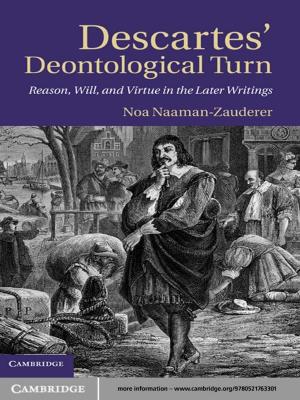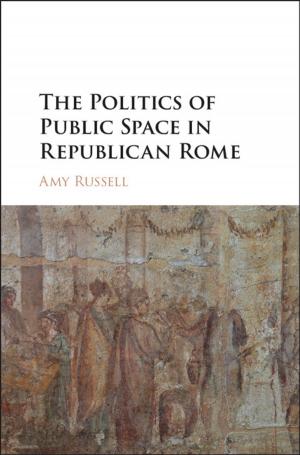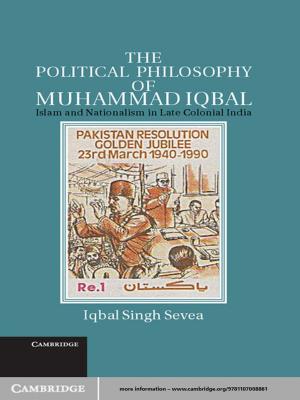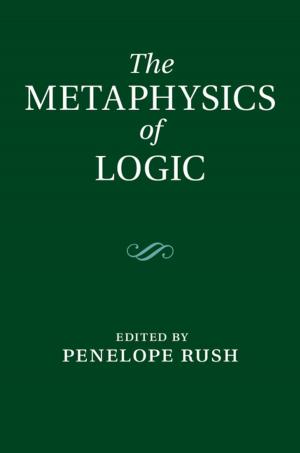Global Trade in the Nineteenth Century
The House of Houqua and the Canton System
Nonfiction, History, Asian, Asia, Business & Finance| Author: | John D. Wong | ISBN: | 9781316719169 |
| Publisher: | Cambridge University Press | Publication: | July 4, 2016 |
| Imprint: | Cambridge University Press | Language: | English |
| Author: | John D. Wong |
| ISBN: | 9781316719169 |
| Publisher: | Cambridge University Press |
| Publication: | July 4, 2016 |
| Imprint: | Cambridge University Press |
| Language: | English |
In this engaging new study, John D. Wong examines the Canton trade networks that helped to shape the modern world through the lens of the prominent Chinese merchant Houqua, whose trading network and financial connections stretched from China to India, America and Britain. In contrast to interpretations that see Chinese merchants in this era as victims of rising Western mercantilism and oppressive Chinese traditions, Houqua maintained a complex balance between his commercial interests and those of his Western counterparts, all in an era of transnationalism before the imposition of the Western world order. The success of Houqua and Co. in configuring its networks in the fluid context of the early nineteenth century remains instructive today, as the contemporary balance of political power renders the imposition of a West-centric world system increasingly problematic, and requires international traders to adapt to a new world order in which China, once again, occupies center stage.
In this engaging new study, John D. Wong examines the Canton trade networks that helped to shape the modern world through the lens of the prominent Chinese merchant Houqua, whose trading network and financial connections stretched from China to India, America and Britain. In contrast to interpretations that see Chinese merchants in this era as victims of rising Western mercantilism and oppressive Chinese traditions, Houqua maintained a complex balance between his commercial interests and those of his Western counterparts, all in an era of transnationalism before the imposition of the Western world order. The success of Houqua and Co. in configuring its networks in the fluid context of the early nineteenth century remains instructive today, as the contemporary balance of political power renders the imposition of a West-centric world system increasingly problematic, and requires international traders to adapt to a new world order in which China, once again, occupies center stage.















